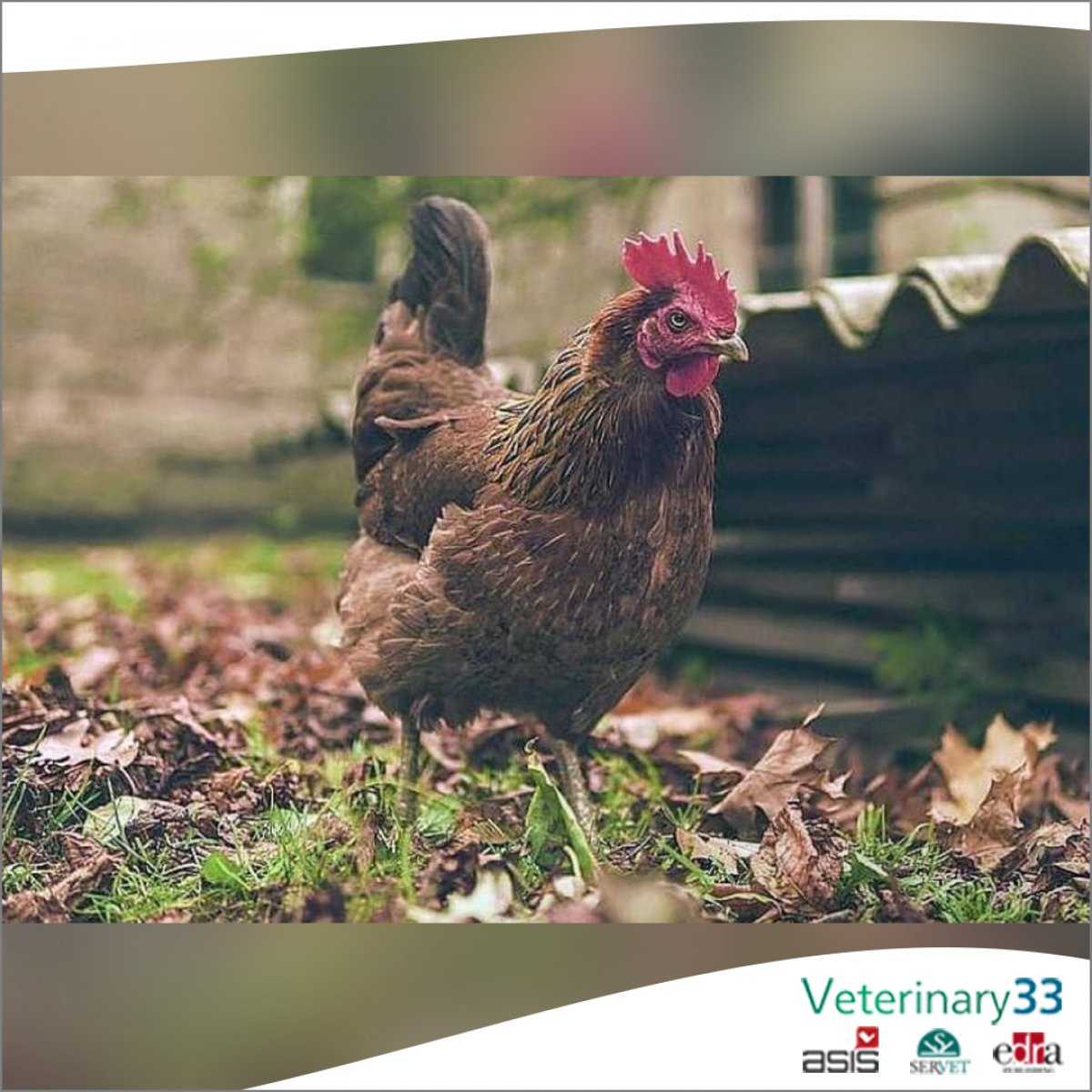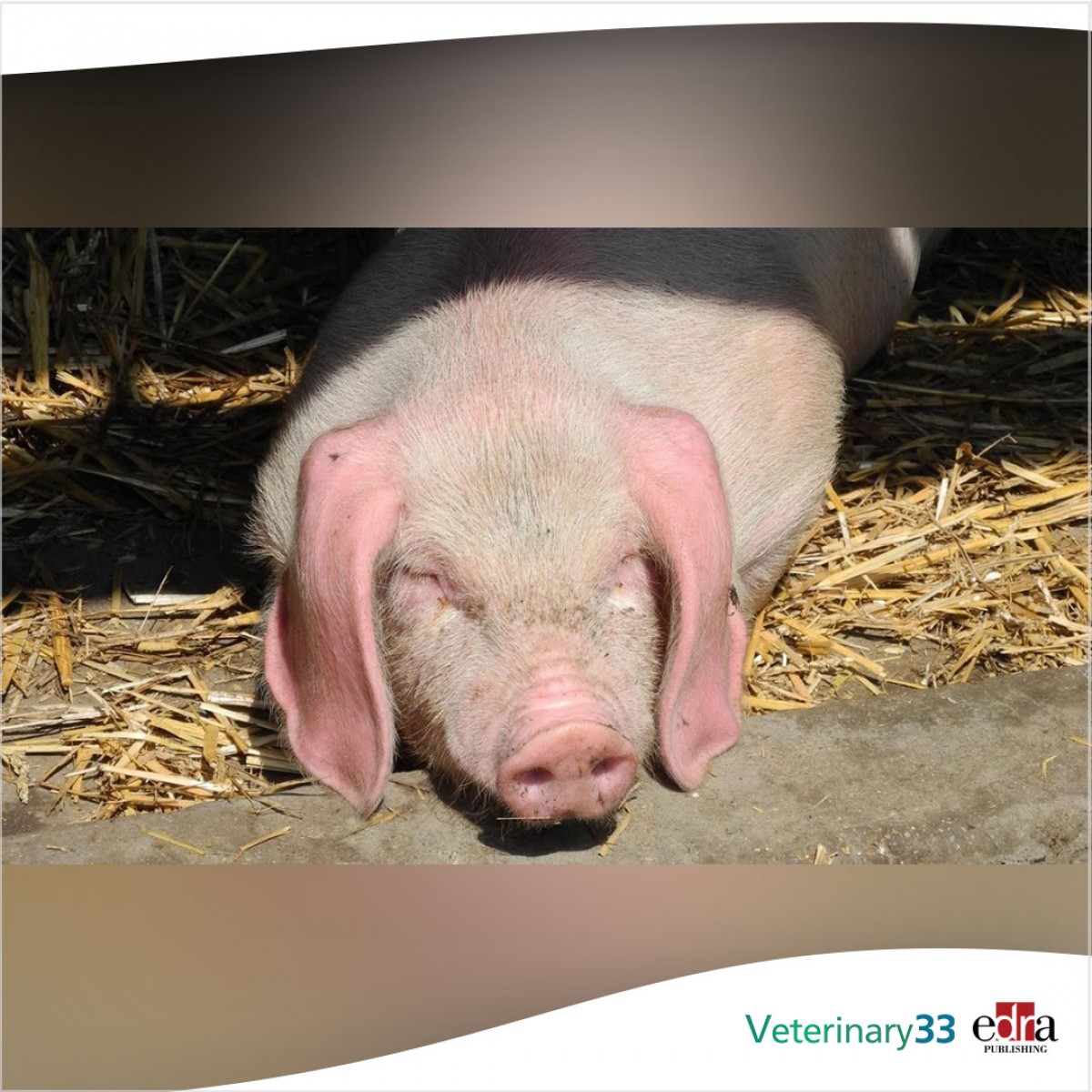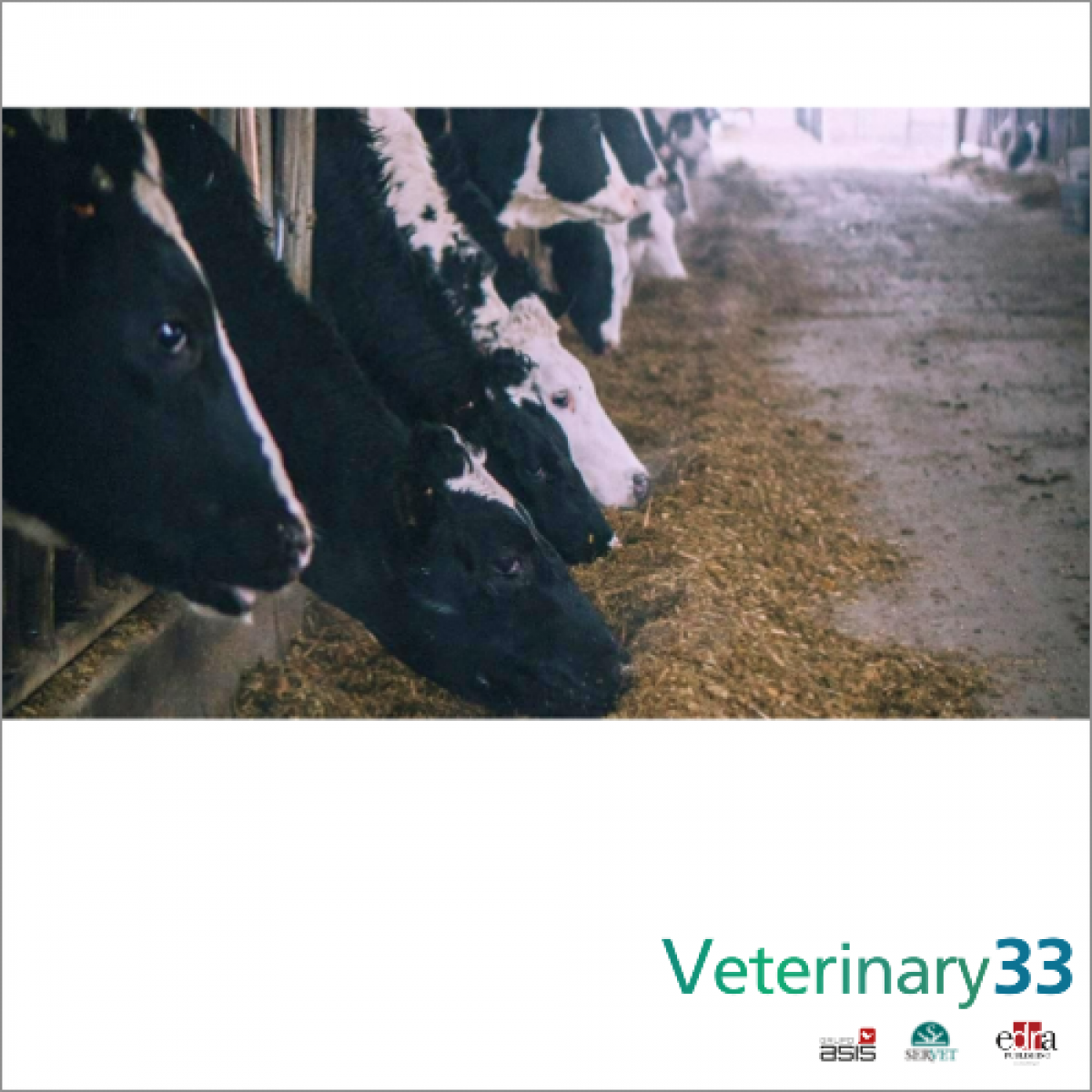Essential oils can minimize disease in broilers
A group of researchers, including Spanish veterinarians, has studied the benefits of essential oils, including lemon myrtle oil and eucalyptus oil, for animal welfare, productivity and sustainability in the poultry industry.
"We are determining whether important essential oil compounds are transferred to the egg and, if they do, whether they are providing any significant benefit to the health and robustness of the embryos," explained Professor Eugeni Roura of the University of Queensland in Australia. He noted that essential oils, which have pathogen-fighting antimicrobial properties, were being introduced into the diet of breeder chickens to help maintain a robust microflora in the gut.
In the first hours after hatching, a broiler is more susceptible to environmental pathogens, but its defenses and natural gut microflora are not yet well established, Roura noted.
The research team is testing native Australian essential oils including tea tree oil, lemon myrtle, nerolin, niaouli, anise myrtle, eucalyptus, and native Tasmanian pepper, which, according to one of the project leaders, Dr. Marta Navarro, have reported strong antioxidants or disease-fighting attributes.
"This study aims to develop a nutritional program to minimize disease in chicks to improve productivity and sustainability," he noted, adding that essential oils could affect the way bacteria communicate and spread, inhibiting the formation of bacterial biofilms, for example. "This may open up new possibilities to target undesirable populations of bacteria in the chick's gut while it is still in the egg," Navarro said.
Promote growth
According to Navarro, the oils can stimulate appetite and digestion to "promote strong and vigorous early growth and development." Another strategy being tested involves injecting essential oils and nutrients into fertile eggs using injection technology.
Researchers are measuring multiple parameters and indicators of gut health during trials, including microbiome composition, growth, overall embryo development, and post-fertilization stage of development. Once hatched, the team will measure the chick's growth and performance for the first 10-15 days of its life.













List
Add
Please enter a comment